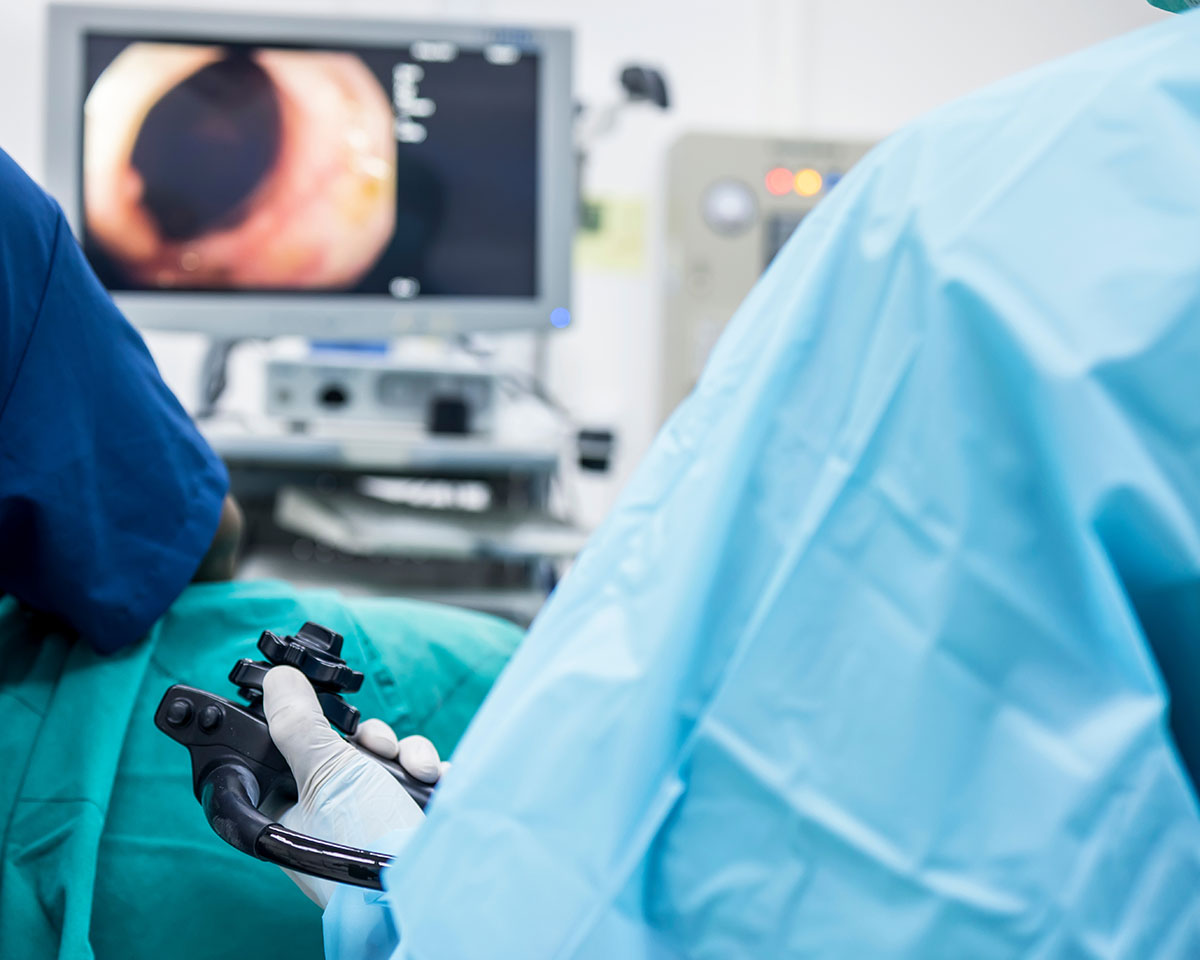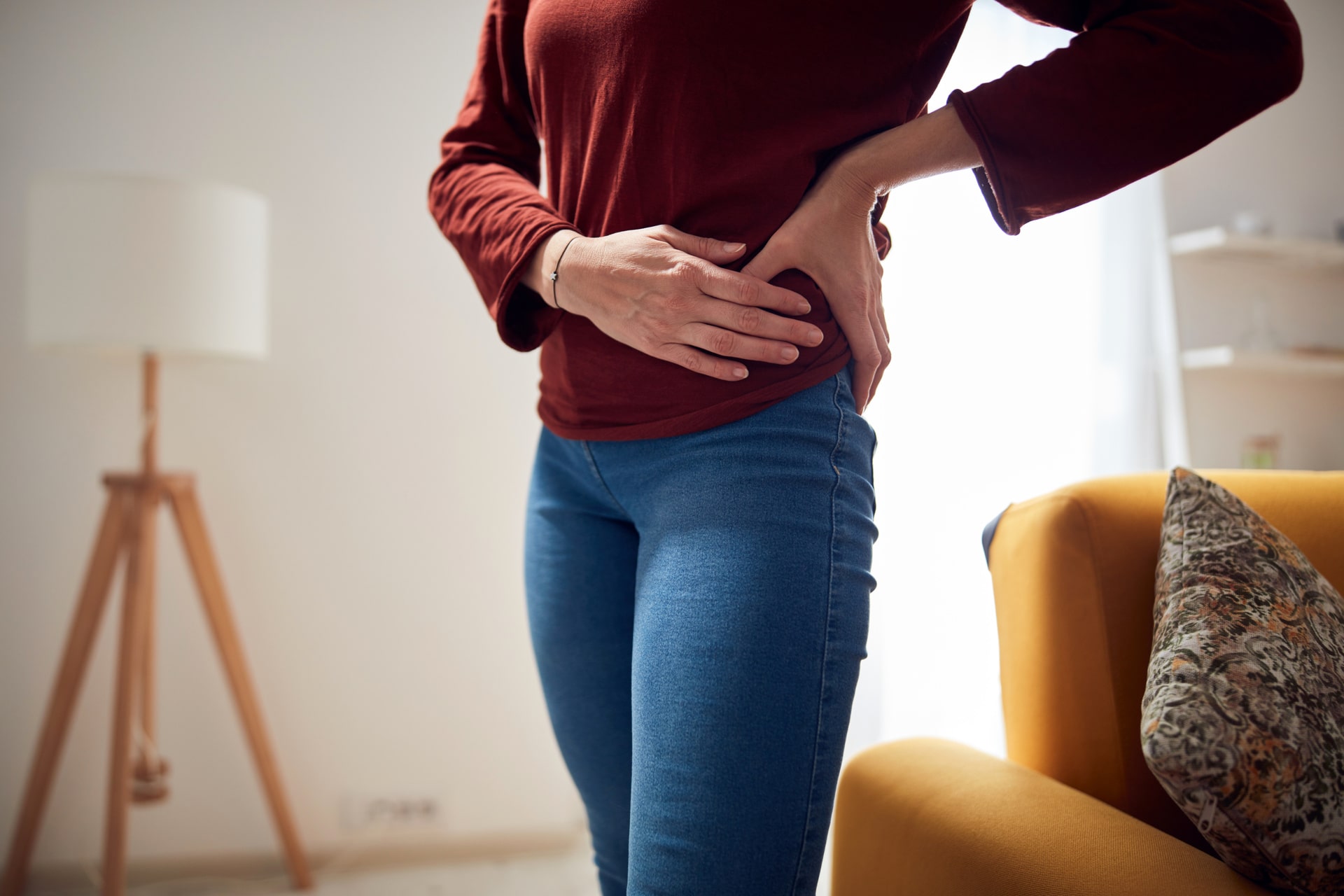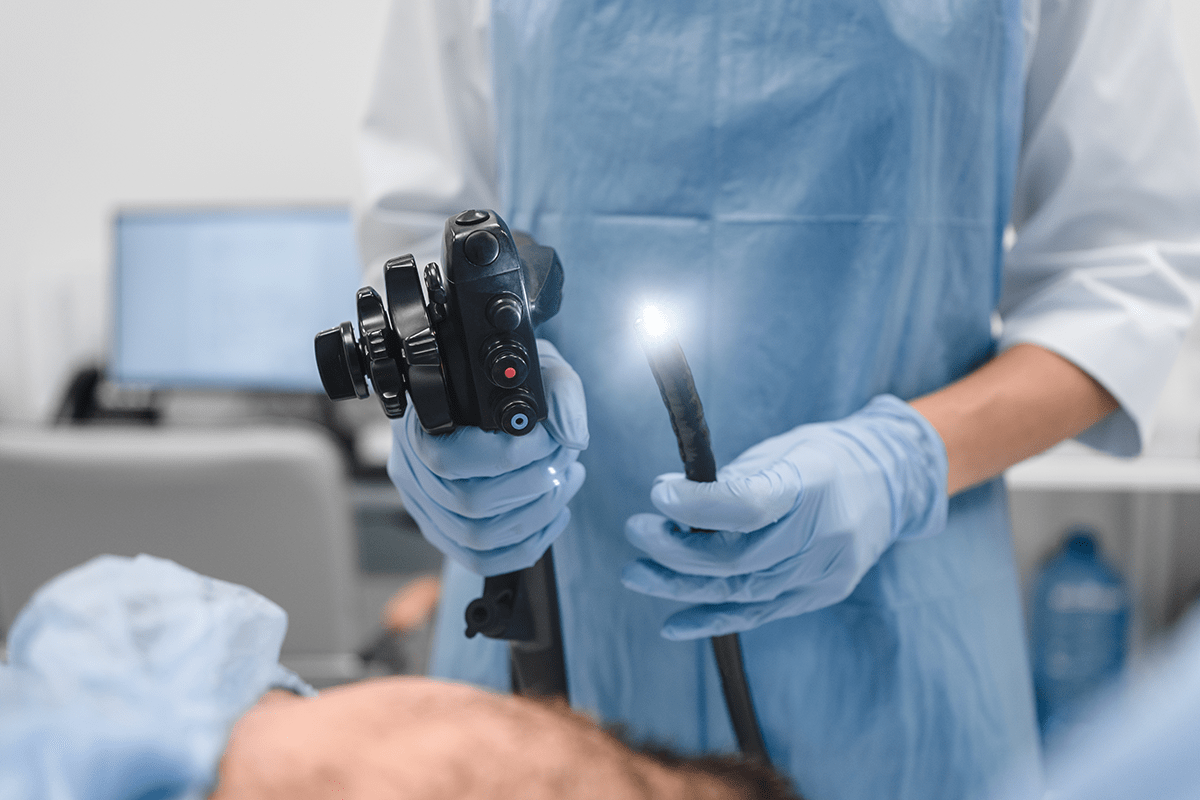A gastroscopy is a common procedure done in Singapore to diagnose and manage digestive problems. While the idea of inserting a thin tube with a camera into the body may sound intimidating, it’s actually a safe, quick and often necessary procedure for people experiencing upper gastrointestinal issues. If you’re struggling with unexplained symptoms like persistent stomach pain, acid reflux, or difficulty swallowing, a gastroscopy can provide answers and peace of mind.
In recent years, there has been growing awareness of the importance of early digestive diagnostics through gastroscopy in Singapore.
In this article, we’ll share more about what this procedure involves, why gastroscopy screening is recommended for some patients in Singapore and how you can prepare yourself ahead of the procedure and for the recovery thereafter.
Table of Contents
ToggleWhat Is Gastroscopy?
Gastroscopy, also known as an upper endoscopy or OGD (oesophago-gastro-duodenoscopy), is a diagnostic procedure that allows doctors to examine the inside of your oesophagus, stomach, and the first part of your small intestine (duodenum).
A flexible, thin tube called a gastroscope is inserted through the mouth and guided down the throat. It has a camera and light at the tip, which sends real-time images to a monitor, allowing your specialist to inspect for abnormalities such as ulcers, inflammation, bleeding, or tumours.
It may also be used to collect tissue samples (biopsies) or carry out treatment, such as removing polyps or stopping bleeding.
Patients seeking gastroscopy in Singapore often choose clinics with advanced imaging technology and experienced specialists.
From diagnostics to minor therapeutic procedures, gastroscopy services in Singapore are designed to address a broad spectrum of gastrointestinal conditions.
Unlike gastroscopy, which focuses on the upper digestive tract, a colonoscopy in Singapore is used to examine the lower gastrointestinal system for conditions like polyps or colorectal cancer.
Why a Gastroscopy Matters for Digestive Health
Your upper digestive tract plays a crucial role in nutrient absorption and overall health. When problems arise, they can affect your energy levels, appetite and even your long-term wellbeing.
For individuals with persistent upper digestive symptoms, early gastroscopy screening in Singapore can help detect conditions before they escalate.
Gastroscopy provides clarity when other tests—such as blood tests or imaging—aren’t enough. It helps in diagnosing conditions such as:
- Gastric or duodenal ulcers
- Gastroesophageal reflux disease (GERD)
- Barrett’s oesophagus
- Oesophageal or stomach cancer
- Helicobacter pylori infection
- Celiac disease
- Inflammation or strictures in the oesophagus or stomach
By identifying issues early with a gastroscopy, you can get treatment before your symptoms worsen or lead to complications.
Choosing the right provider for gastroscopy in Singapore can also influence the accuracy of diagnosis and overall experience.
For patients with unexplained digestive symptoms, doctors may recommend both gastroscopy and colorectal cancer screening in Singapore to get a clearer clinical picture.
When Should You Consider Gastroscopy Screening in Singapore?
Your doctor may recommend a gastroscopy based on symptoms like the ones below. Do note, however, that you can get an accurate assessment only through a personal consultation.
Common Symptoms
- Persistent or recurring upper abdominal pain
- Ongoing heartburn or acid reflux
- Difficulty swallowing (dysphagia)
- Unexplained vomiting or nausea
- Blood in vomit or black, tarry stools (possible signs of bleeding)
- Unexplained weight loss
- Chronic bloating or feeling full quickly
- Iron-deficiency anaemia without a clear cause
If you have a family history of gastrointestinal cancers or a personal history of gastric ulcers or Barrett’s oesophagus (where the specialised cells lining your oesophagus change), your doctor may also recommend routine gastroscopy surveillance.
Doctors often recommend gastroscopy screening in Singapore for patients with unexplained vomiting, anaemia, or family history of gastric cancer.
Whether for diagnostic or surveillance purposes, gastroscopy in Singapore is increasingly used to manage chronic digestive issues.
Preparing for Your Gastroscopy
To ensure your doctor has a clear view of your digestive tract, you’ll be asked to fast, typically for at least 6 hours before your appointment. This means no food, drinks, or even water, unless otherwise instructed.
Your doctor will review your medications in advance. You may be asked to pause or adjust your intake of blood thinners, diabetes medications and certain supplements. You should let your doctor know if you:
- Have heart or lung conditions
- Are pregnant or breastfeeding
- Have had previous reactions to sedation or anaesthesia
- Have a pacemaker or implantable device
For those undergoing gastroscopy in Singapore, fasting and medication review are essential to ensure a smooth and safe procedure.
As with any endoscopy procedure in Singapore, patients undergoing a gastroscopy will need to fast beforehand and follow specific pre-procedure instructions.
What Happens During the Gastroscopy
Gastroscopy is typically performed as a day procedure and takes around 10–15 minutes.
You’ll lie on your side, and your throat will be numbed with a local anaesthetic spray. Sedation may be given via an IV to help you relax and stay comfortable.
Once the sedation takes effect:
- A mouth guard is placed to protect your teeth and the scope.
- The gastroscope is gently guided through your mouth and down into the oesophagus, stomach and duodenum (the first part of the small intestine).
- The doctor inspects the inner lining and may take biopsies or perform minor treatments if necessary.
- The scope is slowly withdrawn, and the images are reviewed.
Most gastroscopy services in Singapore are performed under sedation to ensure patient comfort and ease of procedure.
There is no cutting involved, and the procedure is painless, though you might feel mild pressure or bloating from the air introduced into the stomach.
After Your Gastroscopy
Once the procedure is over, you’ll be monitored in a recovery area until the sedation wears off.
Recovery and Post-Procedure Instructions
Most patients go home within 1 to 2 hours. You’ll need someone to accompany you, as the sedation affects your reflexes and judgement for the rest of the day.
Post-procedure:
- You may have a mild sore throat or bloated feeling—this usually subsides within a few hours.
- Avoid eating or drinking until the numbness in your throat wears off (to prevent choking).
- Resume normal activities the next day unless advised otherwise.
- Resume medications as directed by your doctor.
Patients undergoing gastroscopy screening in Singapore are usually able to return home within hours after the procedure.
Understanding Your Results and Next Steps
Your doctor may share some results, such as visible ulcers or inflammation, immediately. They may take a few days, however, to share biopsy results.
Your doctor will schedule a follow-up to discuss the findings of your gastroscopy, confirm any diagnosis, and plan further treatment if needed. In some cases, additional imaging or a repeat endoscopy may be required.
Why Choose Advanced Colorectal and General Surgery
At Advanced Colorectal and General Surgery, we prioritise patient comfort and timely treatment. Our team of specialists is experienced in performing gastroscopies for a range of medical concerns.
Specialists and Modern Technology
Led by colorectal and gastrointestinal specialists, our clinic uses imaging and endoscopic technology to provide minimally invasive diagnostics. Whether it’s your first gastroscopy or ongoing health surveillance, you’ll be in the hands of doctors who focus on digestive health every day.
Patient-Focused Service
We understand that undergoing a scope can be nerve-wracking. That’s why we guide you through each step—from consultation and prep, to post-procedure care—with whatever information you need. Our goal is to make the experience as stress-free as possible, while ensuring you get the answers you need
Looking for Gastroscopy Services in Singapore?
If you’re struggling with digestive symptoms, don’t wait for them to worsen. A gastroscopy could be the key to identifying the problem and getting timely treatment.
Gastroscopy services in Singapore are available in both public hospitals and private specialist clinics, depending on the urgency and complexity of your case.
Patients who experience pain during bowel movements may not require a gastroscopy but instead benefit from anal fissure treatment in Singapore if the issue is anal in origin.
At Advanced Colorectal and General Surgery, we’re here to help patients in Singapore secure their digestive health and long-term well-being, with gastroscopy and other screening services. If you require additional diagnosis or treatment after your gastroscopy, we’ll make sure to share with you all your options.





